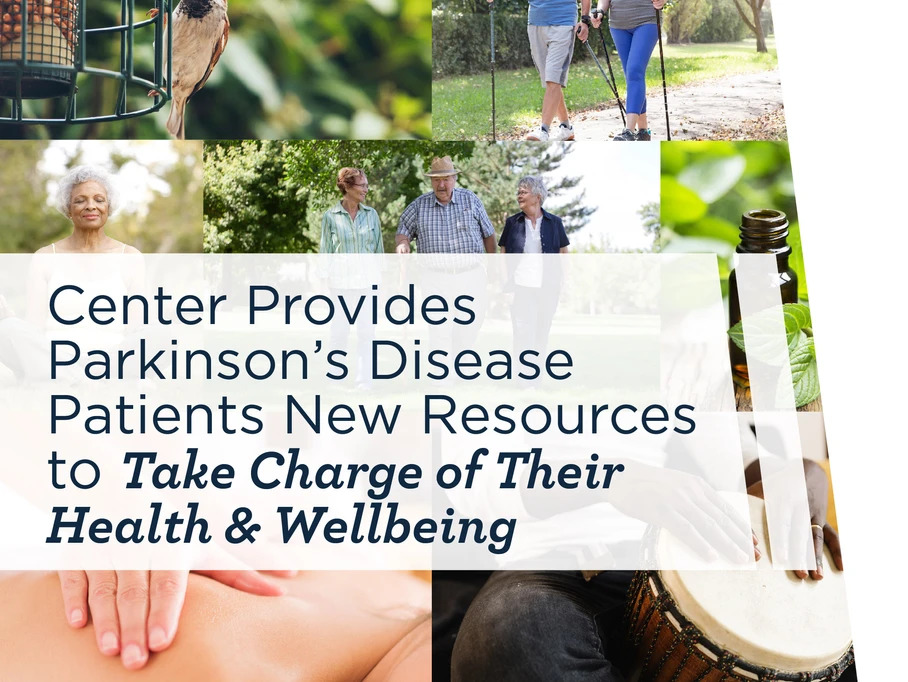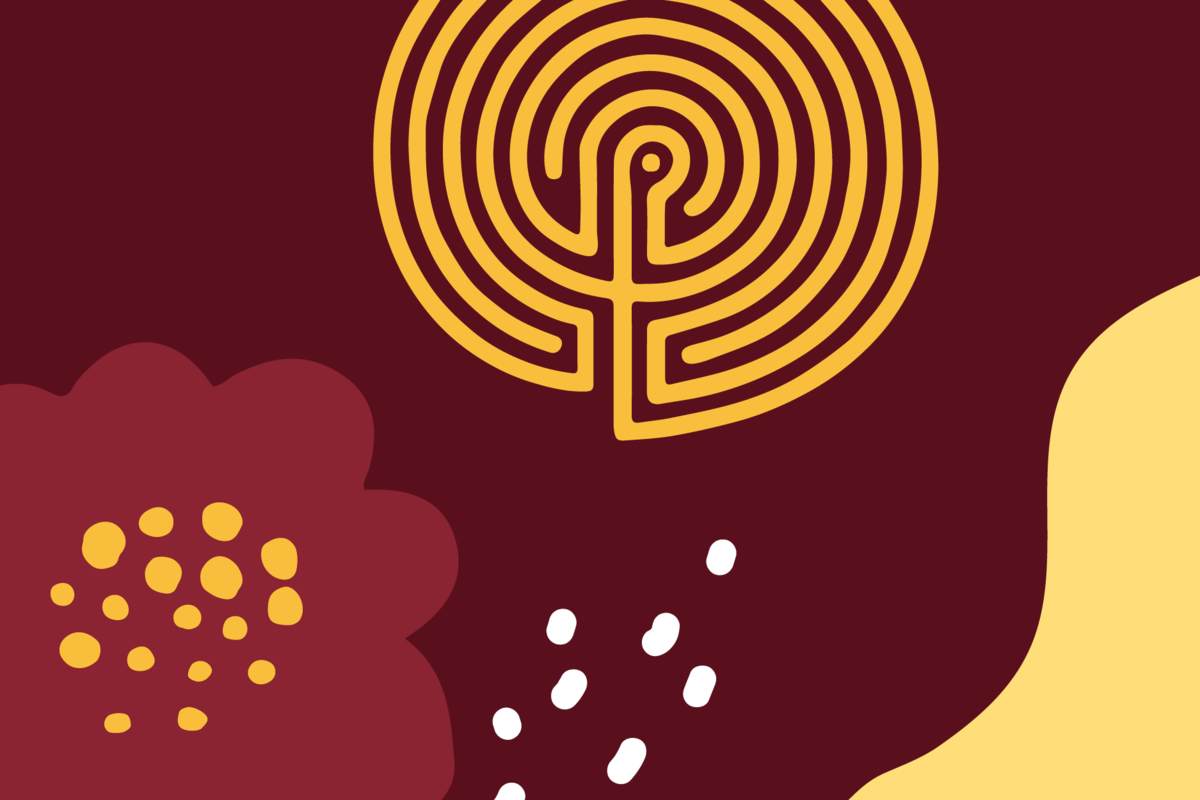Center Provides Parkinson's Disease Patients New Resources to Take Charge of Their Health & Wellbeing
July 21, 2021
Heidi Wachter

NEARLY A MILLION PEOPLE are living with Parkinson’s disease (PD) in the United States. That’s greater than the number of people diagnosed with multiple sclerosis, muscular dystrophy, and Lou Gehrig’s disease combined. However, a 2018 literature review found that positive resources in Parkinson’s disease are scarce compared to other chronic illnesses.
“The few available investigations suggest the need of preserving motor abilities by proper rehabilitation programs for maintaining and/or promoting patients’ wellbeing and life engagement,” the researchers concluded.
Since Parkinson’s is a degenerative brain and nervous system disorder, improving a PD patient’s compromised motor skills makes sense. Yet, biochemical changes related to both the disease, the ability to control one’s body, and medications used to treat symptoms can trigger depression and other mood changes. Stress can worsen Parkinson’s disease symptoms and impact mental health. A Parkinson’s diagnosis can also impact a patient’s relationships and lead to social isolation, further affecting emotional and mental wellbeing.
Combined Wisdom
Prescription medications, specific lifestyle changes, and self-care strategies can make living with Parkinson’s disease less challenging. Integrative therapies like mindfulness and acupuncture also have potential benefits.
“Parkinson’s patients are very interested in integrative healing strategies,” says Susan Vold , BSN, RN, PHN, BA, CNRN, HNB-BC, a Movement Disorder nurse care coordinator and Deep Brain Stimulation Program Manager for M Health Fairview Neurology Clinic.
Finding credible sources about these less conventional health-supporting approaches can be challenging for many with Parkinson’s disease.
Providing easy-to-understand, evidence-based information on PD treatments is one reason that the Earl E. Bakken Center for Spirituality & Healing added a new section of free resources specific to Parkinson’s disease to its popular Taking Charge of Your Health & Wellbeing website.
The ad-free website receives 2.5 million unique visitors annually, according to Sue Nankivell, Center Director of Business Development and Community Relations.
Resources are shared in an easy-to-navigate, logical format. “This is critical for any person with a neurodegenerative disease,” says Vold, who served as a subject matter expert on the project.
The new Parkinson’s page was launched in March 2021 with partial support from a Medtronic Foundation grant.
“The Center has had a longstanding relationship with Medtronic and the Medtronic Foundation,” Nankivell explains.
Medtronic co-founder and Center namesake Earl Bakken held deep beliefs in what medical technology could do for wellbeing, Nankivell notes.
“But he also believed in the power of people to heal themselves,” she says. “He was very interested in how integrative and conventional healing practices could work together to create optimal wellbeing.”
“The page provides many examples of how integrative approaches are best used in conjunction with conventional therapies,” says Mary Jo Kreitzer, PhD. RN, FAAN, Director of Earl E. Bakken Center for Spirituality & Healing and Professor in the University of Minnesota School of Nursing.
“If people are considering using an integrative therapy such as acupuncture, we suggest that they use the information from the website to have a conversation with their healthcare provider, exploring together whether acupuncture is a good fit for them,” she says.
Equity Investment
The new website fills an accessibility gap beyond providing easy-to-digest, evidence-based information on conventional and unconventional interventions.
“Many of our patients are no longer working, and are on disability or Medicare. There is no extra money in their budget for information,” explains Vold, who participated in the project as a subject matter expert. “Information should be free to the patients and families needing it.” Jean M. Larson, Manager, Nature-Based Therapeutic Services
at the Minnesota Landscape Arboretum, Manager and Assistant Professor at the Earl E. Bakken Center for Spirituality & Healing, agrees.
“Not everyone has access to award-winning programs like the (Twin Cities-based) Struther’s Parkinson Center,” she says. “Providing this information makes for equitable access to great information.”
“The website offers ideas that are practical and easy to integrate into their lifestyle as they adjust to a new way of doing things,” Larson adds.
One suggested self-care strategy is boosting daily water intake to avoid dehydration that occurs with taking some medications.
The site also explains the potential impact mindful eating can have on enjoying food, which can be particularly helpful for those dealing with losses in taste and smell. Mindful eating may also help those with Parkinson’s cope with changes in their ability to use utensils.
Mindfulness-based practices can help beyond eating, though. Studies indicate that meditation can be helpful for people living with Parkinson’s by reducing stress and easing anxiety and depression.
With thousands of visits since March , the website appears to be reaching its goal — to share tools and resources that Parkinson’s patients can use to optimize their wellbeing.
“This website is an oasis where they can find resources and education to help them along on their daily journey of wellness,” Vold says.


